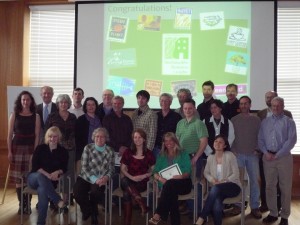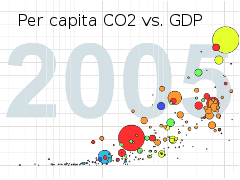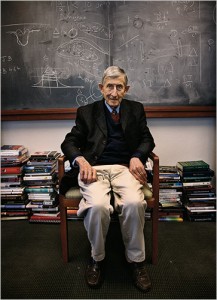Eleven Cambridge companies were certified as “Sustainable Business Leaders” on Thursday April 1, 2010, for completing the Sustainable Business Leader Program (SBLP)—a program of the Sustainable Business Network (SBN) that provides guidance, support and technical assistance to facilitate the “greening” of small and medium-sized businesses. The special certification ceremony, which was held at the Cambridge City Hall Annex, was co-sponsored by the City of Cambridge, Cambridge Local First and the Cambridge Energy Alliance in partnership with the Sustainable Business Network.
The first Cambridge graduating class included:
Cambridge Naturals, 1369 Coffee House, Veggie Planet, Stone Hearth Pizza, Irving House, Greenward, Harvest Co-Op Markets, Harvard Bookstore, The Fishmonger, Cambridge Brewing Company and Economy Hardware.
Graduates earned their SBLP certification by completing the rigorous six-step SBLP process and reducing their collective carbon footprint, plus they received window decals to demonstrate their leadership to the public. Measurable and significant changes were identified and implemented in various areas, including Energy Efficiency, Water Conservation, Waste Reduction, Transportation Management, Pollution Prevention and Sustainability Management. Many companies saw financial savings as a result of lowering consumption of energy and water and diverting their waste stream into recycling and compost.
Mayor David Maher was the first to congratulate the businesses, followed by Vice Mayor Henrietta Davis, Susanne Rasmussen, Director of Environmental and Transportation Planning and Energy, Lilah Glick of the Cambridge Energy Alliance and Rachael Solem of Cambridge Local First.
With over 60 participating companies, the SBLP continues to grow and assist small to medium sized businesses “green” their operations, collectively reducing their carbon footprint in Boston, Cambridge and Somerville. The Sustainable Business Network of Greater Boston (SBN) launched the Sustainable Business Leader Program (SBLP) in 2008 through a partnership with the Massachusetts Department of Environmental Protection (DEP) and the Boston Redevelopment Authority (BRA). The objective of the SBLP is to provide guidance, support and technical assistance to facilitate the ‘greening’ of small and medium-sized locally owned businesses in Massachusetts.



 Why the sudden interest in a man now is his mid 80s?
Why the sudden interest in a man now is his mid 80s?